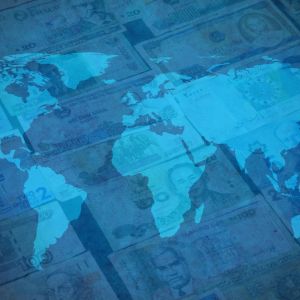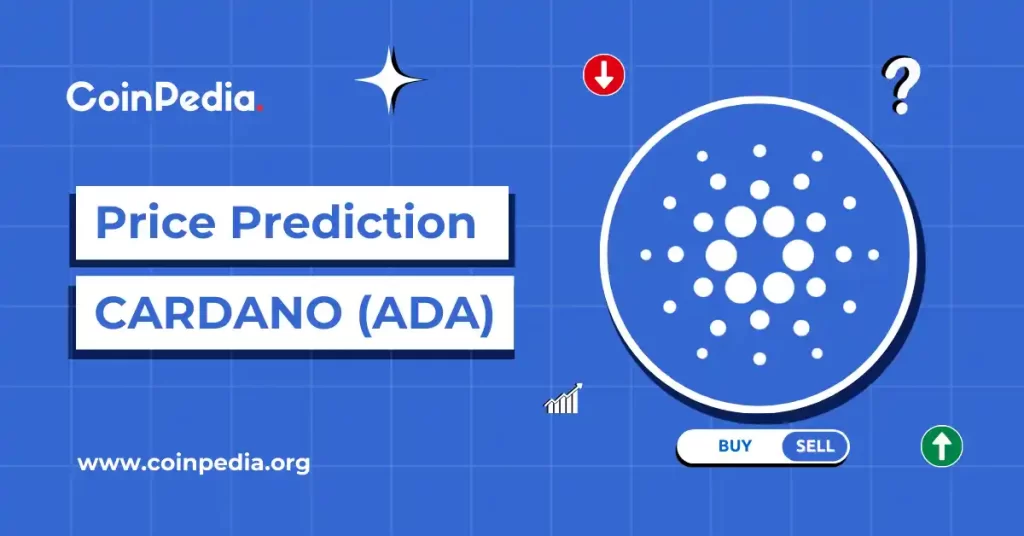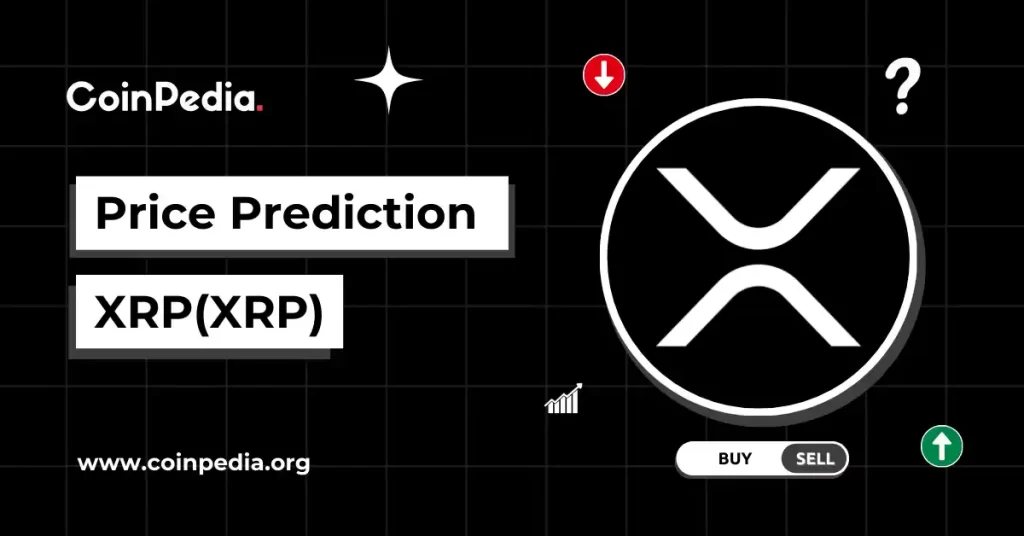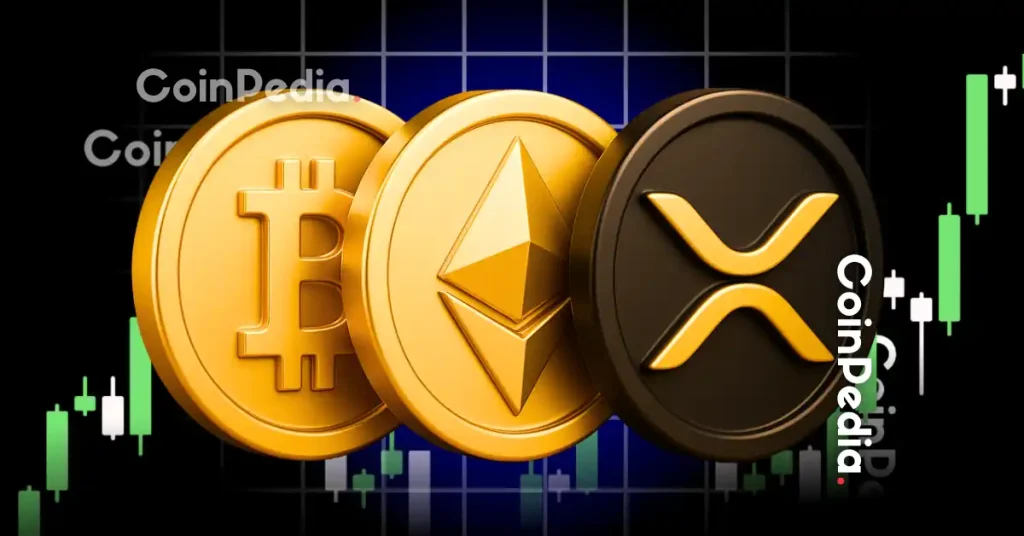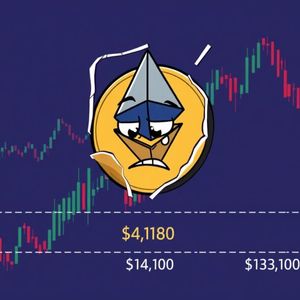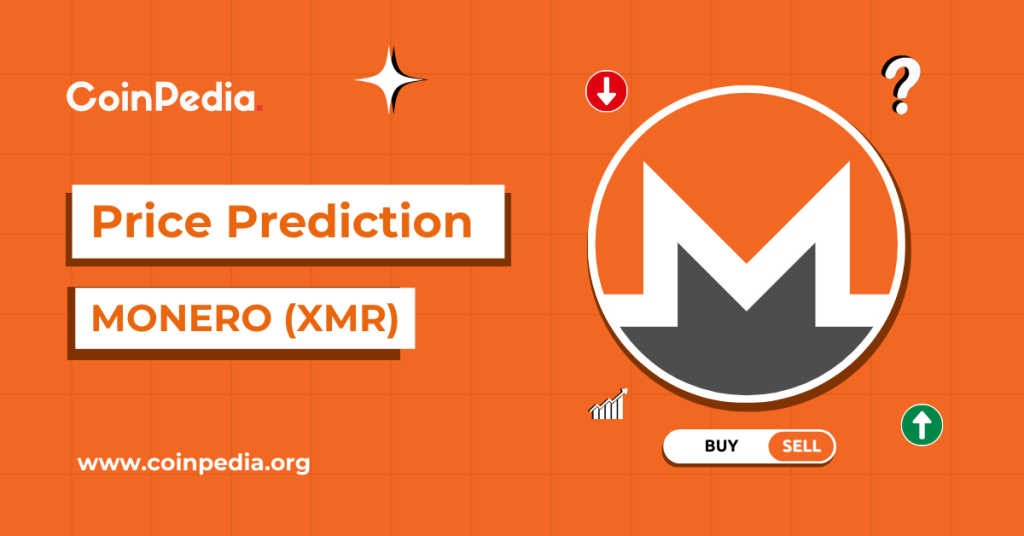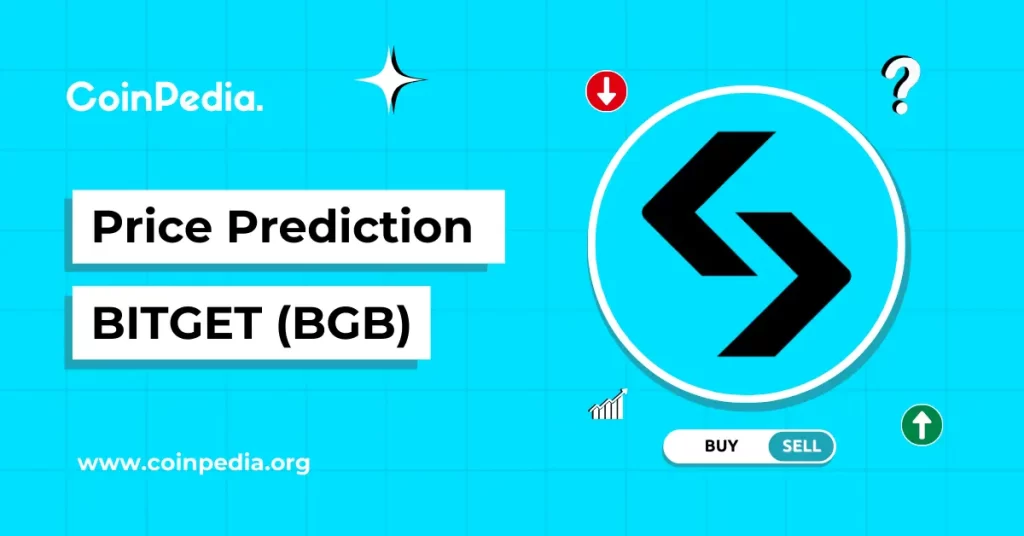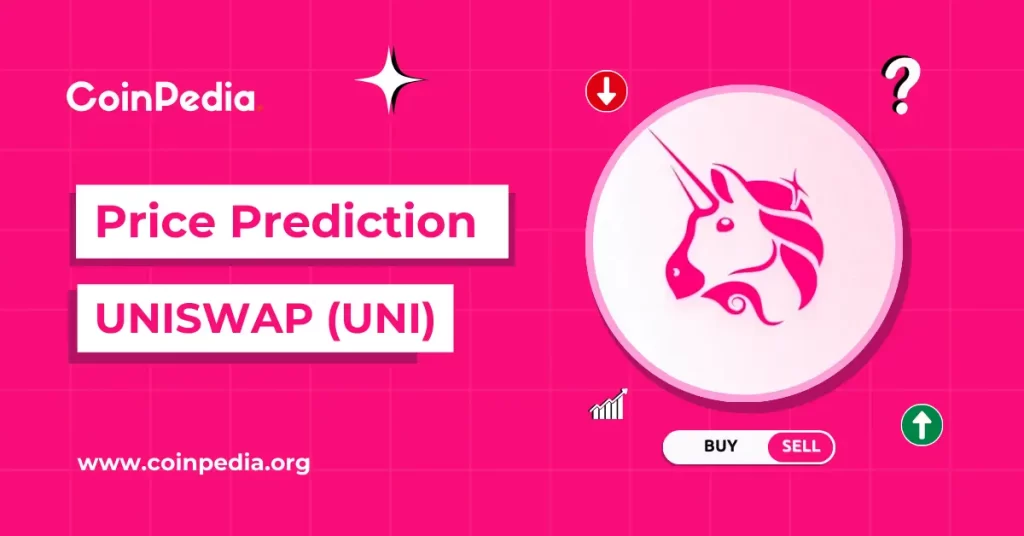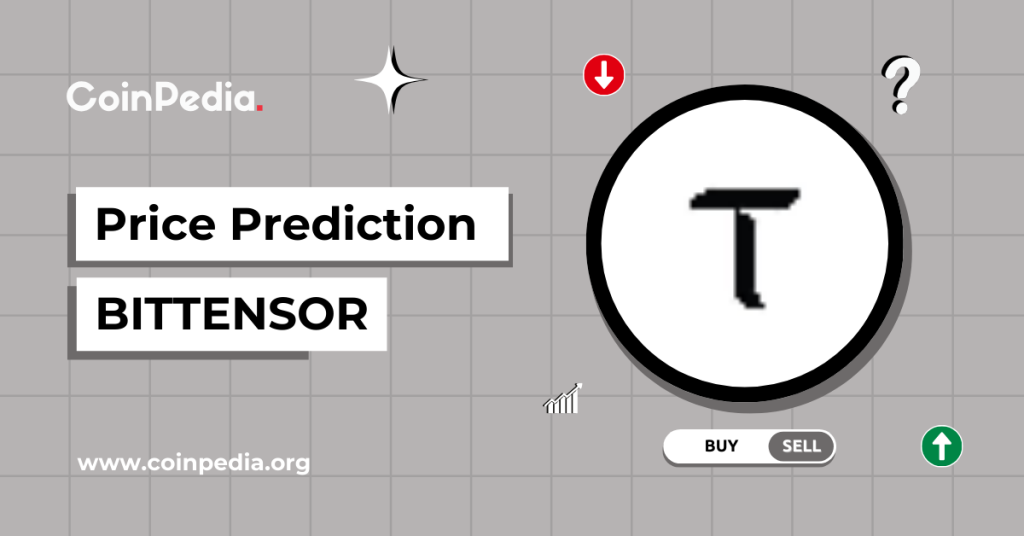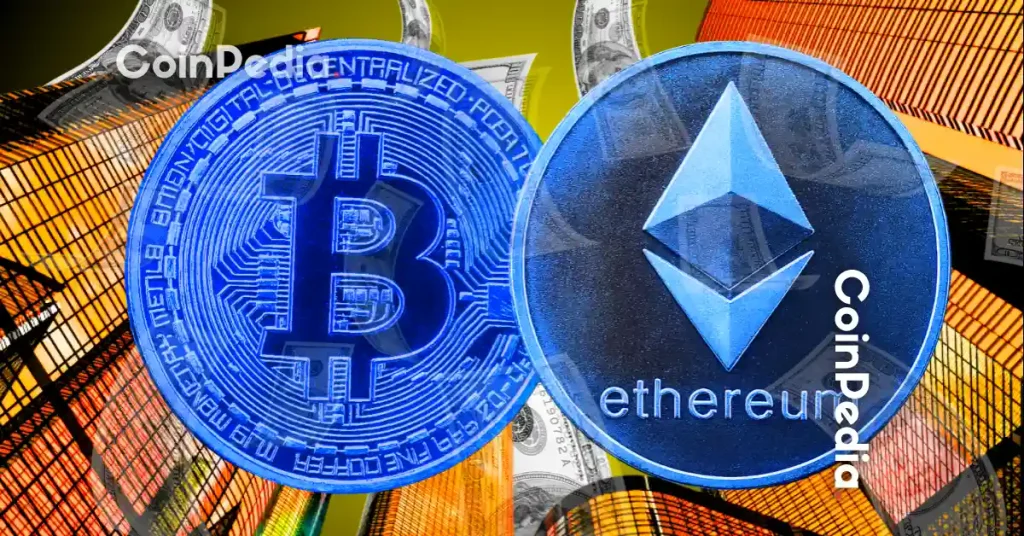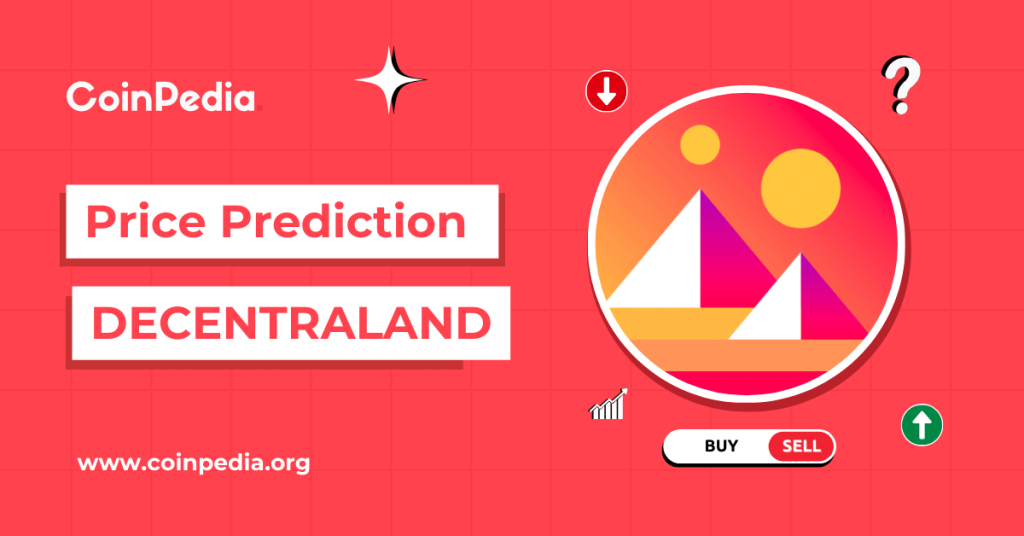The World Bank has sold $510 million in bonds backed by loans it previously issued to companies operating in emerging economies, according to Bloomberg. The transaction is the Bank’s first use of a collateralized loan obligation, a structure common on Wall Street but until now, unused by the development lender. The deal targets institutional investors hungry for yield and pushes private capital into markets where businesses typically face serious financing hurdles. The bonds are backed by debt issued to 57 different companies across Asia, South America, and Eastern Europe. That’s according to Yinni Li, a credit analyst at Moody’s Ratings, who reviewed the deal. Companies involved span sectors like telecommunications, food, and beverage production. The idea is to take loan exposures from the World Bank’s book, package them into securities, and sell them off. This would supposedly free up space on the Bank’s balance sheet to issue new loans while passing credit risk to investors. Moody’s rates $320 million piece Aaa, Goldman structures the deal The largest slice of the bonds, $320 million, was rated Aaa by Moody’s, the agency’s highest rating. This portion pays an interest rate of 1.3 percentage points over a benchmark tied to market rates. Moody’s did not assess the creditworthiness of the underlying loans themselves, only the senior tranche. The Bank kept the structure standard: risk is carved into tranches, the safest at the top, and more volatile risk below. This lets cautious investors grab high-rated debt while others take bigger bets on the lower-rated layers. Goldman Sachs worked with the World Bank on the design and execution of the transaction. The World Bank hasn’t done this before, but Wall Street has. These types of deals were heavily used before the 2008 financial crisis. Back then, toxic mortgages were bundled into seemingly safe securities, many with top ratings, until the entire structure collapsed. Since that blow-up, securitization became a dirty word for a while. But in the last few years, it has come roaring back. There is now over $1.3 trillion in global CLO issuance. A growing slice of that belongs to private credit CLOs, which are gaining traction fast. Retail investors are also jumping in, with exchange-traded funds (ETFs) that buy U.S. CLOs pulling in serious inflows. As of earlier this month, ETFs linked to these types of loans managed over $34 billion in assets. World Bank plans more deals to push risk into private hands This deal isn’t just a one-off trial. The World Bank is actively building out an entire emerging-market securitization platform. That was outlined in a November presentation, where it said more transactions were coming. The Bank wants to expand its lending by taking some of its old loans off its books and handing the exposure to private institutions. That’s a key step in helping it lend more without ballooning its own balance sheet. Ajay Banga, president of the World Bank, told Bloomberg last month, “It’s the first time the World Bank has done this.” He confirmed that Goldman Sachs helped structure the product. Ajay said it was just one part of a broader strategy. Other pieces include debt-for-development swaps, which are also in play as tools to scale up investment into poorer nations. It’s not like no one has done this before. Other issuers have securitized emerging-market loans, though deals remain rare. In 2023, Bayfront Infrastructure Capital, based in Singapore, issued a $410 million CLO backed by revenues from project loans and bonds. That deal covered regions including the Asia-Pacific, the Middle East, the Americas, and Africa. Like the World Bank’s deal, it relied on turning illiquid debt tied to infrastructure and development into investable products for global markets. Sign up to Bybit and start trading with $30,050 in welcome gifts
